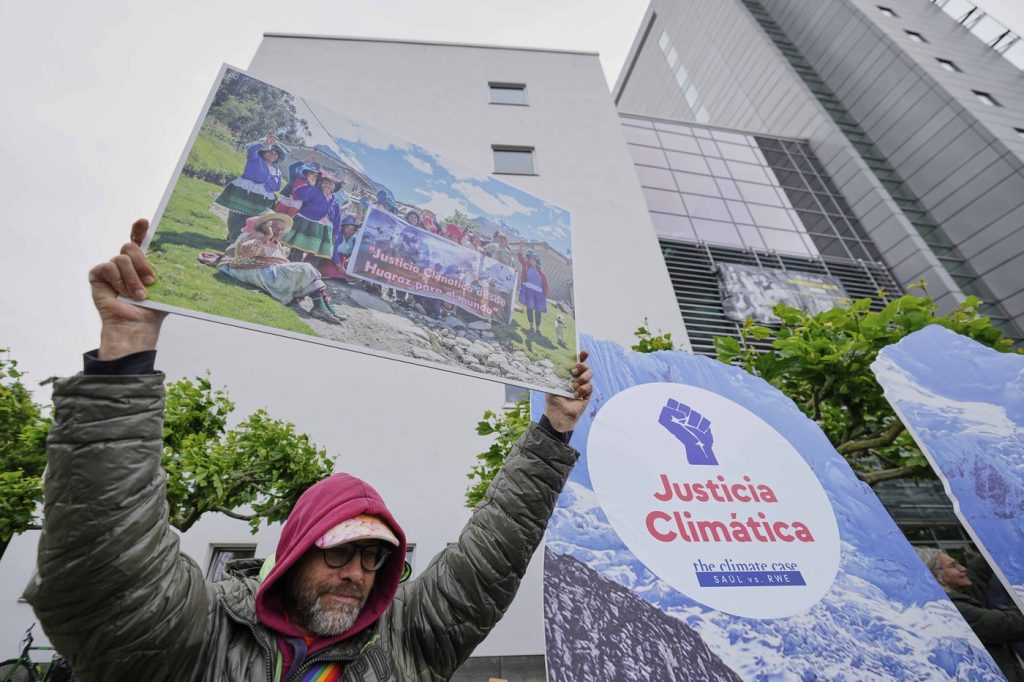A German court delivered a significant ruling on Wednesday against Peruvian farmer Saúl Luciano Lliuya in a landmark climate lawsuit. Lliuya had claimed that the global warming intensified by the historical greenhouse gas emissions of the German energy company RWE posed a direct threat to his home in Huaraz, Peru. The court's decision comes after a decade-long legal battle, which has now concluded without the possibility of further appeal.
The basis of Lliuya's lawsuit focuses on the alarming melting of glaciers located above Huaraz, which he argues is increasing the risk of catastrophic flooding in the region. Despite RWE's lack of operations in Peru, the company rejects any legal responsibility, asserting that climate change is a global issue influenced by numerous contributors, and not solely attributable to any single entity or country.
The Hamm state court's dismissal of the case underscores the challenges plaintiffs face in attempting to hold major polluters accountable for their contributions to climate change. The legal representatives for RWE contended that the lawsuit was inadmissible in court and that its outcomes could set a dangerous precedent. They argued that matters concerning climate solutions should be addressed through state and international frameworks, rather than through judicial measures.
Experts had previously indicated that this case held the potential to create a significant precedent in environmental law, particularly in terms of accountability for climate-related damages. The case's implications extend beyond Lliuya's claims, as successful litigation against corporations could alter the landscape of climate accountability worldwide.
In 2022, a delegation of judges and experts from Germany visited Peru to evaluate the situation surrounding the glaciers that Lliuya cited in his lawsuit. The visit aimed to provide context and understanding regarding the tangible impacts of climate change on vulnerable communities like Lliuya's.
The court’s ruling, along with RWE’s arguments, highlights the ongoing complexities in addressing climate change legally. As the world grapples with the consequences of rising global temperatures, cases like Lliuya's continue to reflect the struggle for accountability in a system that often seems to favor industrial interests over environmental justice.











